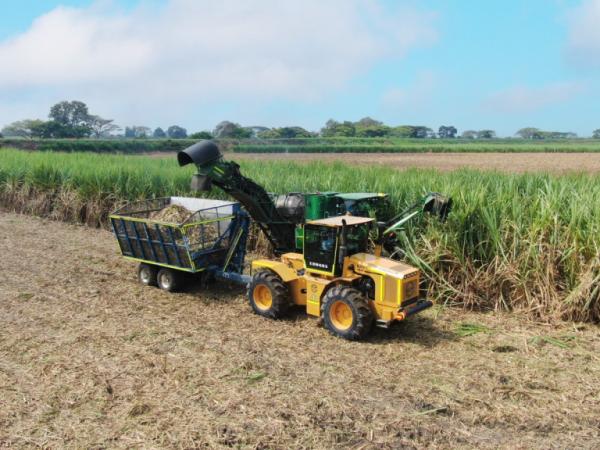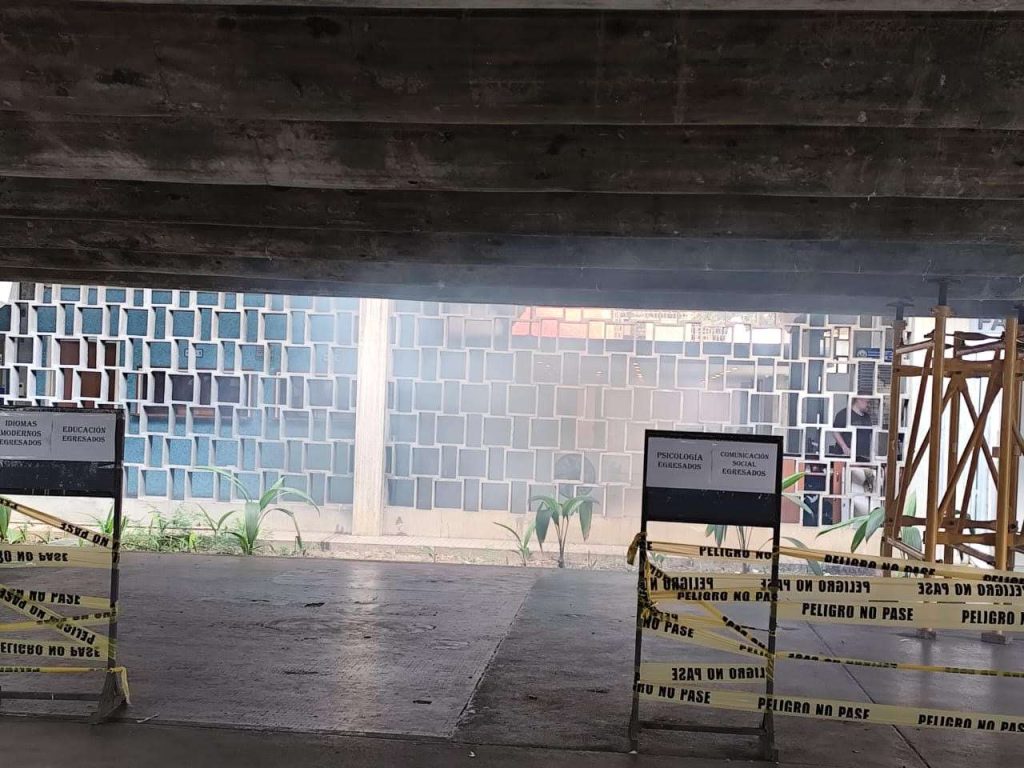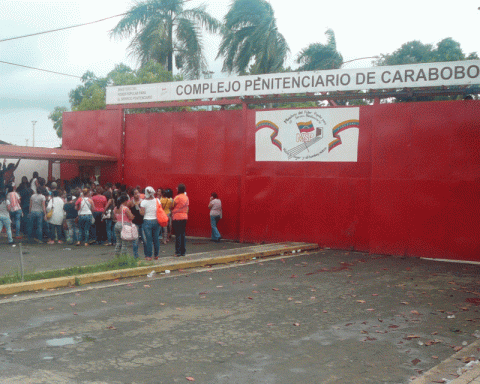Incauca, the largest energy cogeneration company in Colombia, has reached a significant milestone by transforming its agricultural practices with 100% mechanized cane harvesting.
(See: Coffee price per pound reached $2.79, a figure not seen 13 years ago)
According to the company, this transition eliminates scheduled sugarcane burning, a method that, although common in the sector, had negative environmental impacts. The change reaffirms the company’s commitment to sustainability and improving air quality, benefiting both the environment and nearby communities.
Traditionally, burning cane was used to facilitate manual cutting, reducing the risk for cutters. However, in line with the sustainability objectives and the agreements assumed by the agroindustrial sector at COP 16, Incauca has decided to dispense with this practice and opt for total mechanization of the harvest.
(Read also: The role of bees in ending the conflict between elephants and farmers in Kenya)
The sector, through Asocaña, has committed to achieving 100% green cutting by 2030, a goal that Incauca has already met. “Aligned with our commitment to transform lives with energy, we have completely eliminated the burning of cane that was used to protect the work of the cutters. We believe that technology must go hand in hand with continuous learning“said José Leudin Giraldo, harvest manager of Incauca.
Incauca
Courtesy
The move to mechanized harvesting not only represents an environmental improvement, but has also generated new job opportunities. Incauca, in collaboration with SENA and other institutions educational, has trained almost 1,000 people who previously carried out manual cutting tasks.
(See more: Fenalce and Minagricultura promote agenda to strengthen competitiveness of the sector)
Likewise, the company indicated that workers have received training in the use of modern machinery and advanced harvesting techniques, facilitating their integration into new production processes. A notable example is the ‘Women Harvesting the Future’ program, which has trained 28 women in the operation of high-tech machinery.
Currently, 16 of them are part of the company’s team, marking significant progress in gender inclusion in a sector historically dominated by men. The impact of these initiatives is reflected in stories like that of José Omar Robayo, a former sugarcane cutter who has found a new opportunity in Incauca.
(Read: Colombian coffee, to prepare for a recovery in Vietnam and Brazil)

Incauca
Courtesy
“I started cutting cane when I was 19 and, after 25 years of work, I was promoted to cutting corporal. Now, I work on weeding and seed cutting. Thanks to the training and support of Incauca, I have been able to educate my children and buy my own house. The company not only gave me a job, it has allowed me to build a better future for my family.“says Robayo.
(See: Why Petro asked Maduro to reconsider the privatization of Monómeros)
Incauca explains that mechanization has improved the efficiency of operations and reduced environmental impact, while empowering the local workforce, providing them with new skills and growth opportunities.
With these transformations, Incauca is positioned as a benchmark in the modernization of the agroindustrial sector, demonstrating that it is possible to combine technological innovation with respect for the environment and social commitment.
(Read more: Exports: fuels fall, while the agricultural sector grows)


















